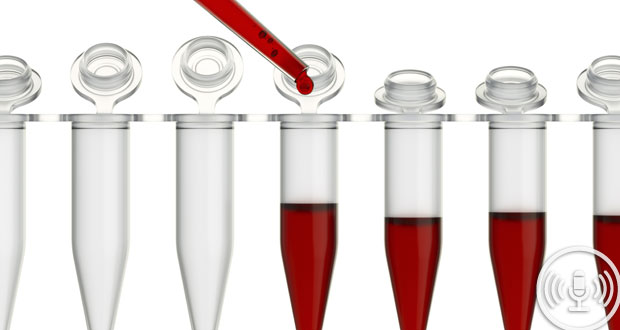A new study has found men over 60 are less likely than younger men to get tested for HIV.
In light of the finding, Dr Carole Khaw, from the University of Adelaide’s School of Medicine and Clinic 275 Infectious Diseases Unit at the Royal Adelaide Hospital, said there is a need for greater sexual health awareness amongst older adults.
Khaw led a team that conducted a retrospective study, recently published in the journal Sexual Health involving more than 29,000 men, including 689 over the age of 60, who visited a sexual health clinic over 13 years.
“This study found that older men – who have sex with men and who have sex with women – were less likely to have had an HIV test in a 12-month period, compared with younger men,” she said, adding that this finding was consistent with other studies indicating today’s older adults were less likely to be tested for HIV as younger adults.
Khaw said: “STIs have been considered primarily to be a health concern for young people because incidences are higher and the health consequences, including implications for fertility, are more pronounced in the younger population. However, the potential for increased STI diagnoses in older adults exists, due to ongoing sexual activity.”
She said that, overall, the findings suggest older men may be less conscious of their sexual health than the younger population, adding: “They are also less likely to get testing for STIs, including HIV, resulting in later presentations to health clinics and perhaps more complications.
“Sexually active older adults, particularly those not in a monogamous relationship, are exposed to the same sexual health risks as younger adults,” she said, and added if older adults failed to consider their sexual health, there was a great risk of STIs dramatically increasing in the age group.
“There is potential for reducing HIV and other STI transmissions amongst older sexually active adults by increasing testing rates in this age group,” she said. “The older population should be encouraged and supported to have more regular STI health checks.”
Do you have an idea for a story?Email [email protected]
 Aged Care Insite Australia's number one aged care news source
Aged Care Insite Australia's number one aged care news source

